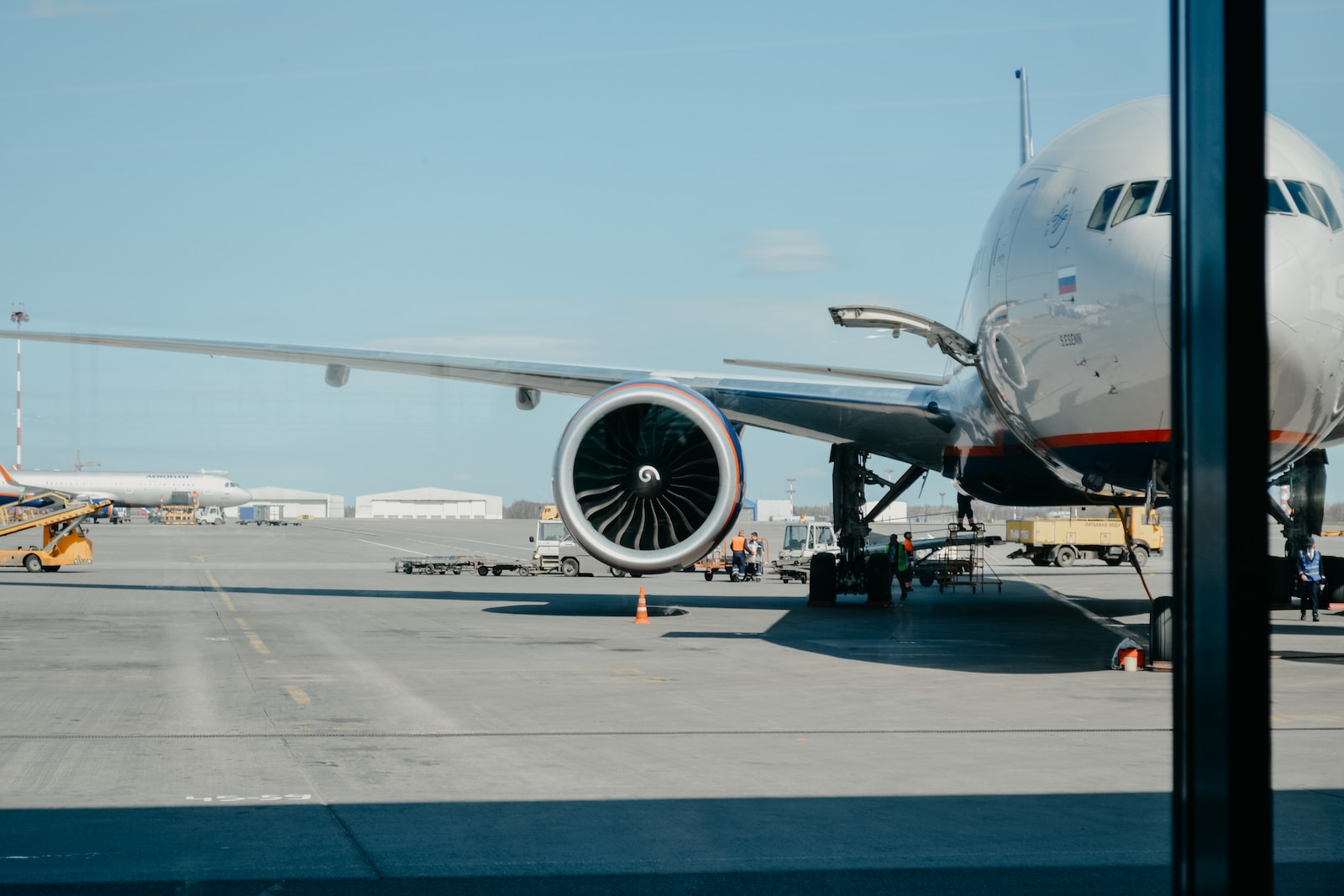Table of Contents
ToggleIntroduction
The private aviation industry has been under scrutiny for years due to its disproportionate contribution to global carbon dioxide emissions. Private jets are often less efficient and emit more pollutants per passenger than commercial planes and trains. However, some players in the industry are working to change that. Dubai-based private aviation company Jetex is one of them. By partnering with oil companies and exploring innovative technologies, it aims to reduce its carbon footprint and become a leader in environmentally sustainable air travel.
Sustainable Aviation Fuels (SAF): A Promising but Costly Alternative
Jetex is one of the first private aviation companies to offer sustainable aviation fuels (SAF) made from renewable waste and residue raw materials to its passengers. SAF can reduce CO2 emissions by 80%, which is crucial in the fight against climate change. However, it is currently two to eight times more expensive than traditional aviation fuels and not available at every airport. The company’s goal is to make SAF an alternative fuel option at all its locations worldwide, but this will require overcoming the challenges of scarcity and cost.
The Impact of Private Aviation on the Environment
Research shows that private jets in Europe alone emitted 3.39 million metric tons of CO2 in 2022, equivalent to the emissions from 753,000 gasoline-powered cars in the US driven for a year. Environmental groups have long criticized the private aviation industry for its environmental impact, and some climate activists have even disrupted private jet trade fairs in protest. However, experts agree that the industry can still play a crucial role in reducing carbon emissions and fighting climate change.
Jetex’s Sustainable Initiatives: A Step Towards a Greener Future
Jetex is a member of the International Air Transport Association (IATA), which aims to achieve net-zero carbon emissions by 2050. The company plans to transform all its locations into fully green private terminals, using electric vehicles and renewable energy sources to achieve zero-net carbon emissions. It is also exploring the use of electric vertical takeoff and landing craft (eVTOLs), which emit fewer pollutants and could be used for short flights around and between cities.
Private Aviation Leading the Charge in Sustainable Air Transportation
The private aviation industry is growing rapidly, and Jetex is at the forefront of sustainable air travel initiatives. By partnering with oil companies, exploring innovative technologies, and implementing strategic partnerships with urban air mobility companies, Jetex is leading the charge to move people forward in imagining what a sustainable future for air transportation could look like. The use of eVTOLs and SAF could make air travel much more eco-friendly, and private aviation companies like Jetex are leading the way.
Conclusion: Private Jets Going Green
The private aviation industry has long been criticized for its environmental impact, but companies like Jetex are working to change that. By offering sustainable aviation fuels, exploring innovative technologies, and implementing strategic partnerships, they are leading the charge in making air travel more eco-friendly. While there are still challenges to overcome, such as the high cost of sustainable aviation fuels and limited availability, the industry’s efforts are a step in the right direction. Private aviation has the potential to play a crucial role in the global fight against climate change, and companies like Jetex are leading the way towards a greener future.







